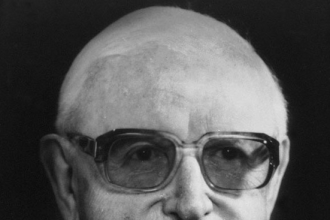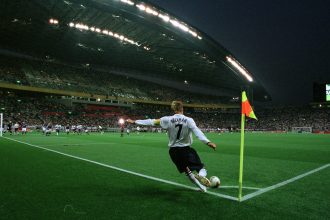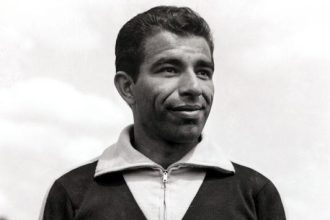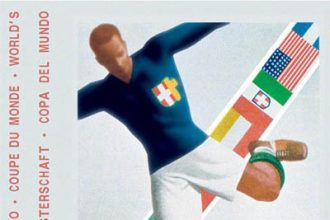The 1982 FIFA World Cup was a tournament that captivated the hearts of football fans around the globe. Held in Spain, this prestigious event showcased exceptional talent, thrilling matches, and unforgettable moments. It was a tournament that showcased the beauty and passion of the beautiful game. In this article, we will delve into the highlights, memorable matches, and standout performances of the 1982 World Cup.
Spain had the honor of hosting the 1982 World Cup. It was the first time the tournament was held in the country, and Spain embraced the opportunity to showcase its rich footballing culture and passion for the sport. The stadiums were filled with enthusiastic fans who created an electrifying atmosphere throughout the tournament.
The first round was a round-robin group stage containing six groups of four teams each. Two points were awarded for a win and one for a draw, with goal difference used to separate teams equal on points. The top two teams in each group advanced. In the second round, the twelve remaining teams were split into four groups of three teams each, with the winner of each group progressing to the knockout semi-final stage.
The composition of the groups in the second round was determined before the start of the tournament. Groups A and B were to include one team from each of Groups 1 through 6, and Groups C and D included the remaining six teams. The winners of Groups 1 and 3 were in Group A whilst the runners-up were in Group C. The winners of Groups 2 and 4 were in Group B whilst the runners-up were in Group D. The winner of Group 5 was in Group D whilst the runner-up was in Group B. The winner of Group 6 was in Group C whilst the runner-up was in Group A. Thus, Group A mirrored Group C, and Group B mirrored Group D with the winners and runners-up from the first round being placed into opposite groups in the second round.
The second-round groups that mirrored each other (based on the first-round groupings) faced off against each other in the semifinals. Thus, the Group A winner played the Group C winner, and the Group B winner played the Group D winner. This meant that if two teams that played in the same first-round group both emerged from the second round, they would meet for the second time in the tournament in a semifinal match. It also guaranteed that the final match would feature two teams that had not previously played each other in the tournament. As it turned out, Italy and Poland who were both in Group 1 in the first round, each won their second-round groups and played each other in a semifinal match.
Teams:
Austria, Belgium, Czechoslovakia, England, France, Hungary, Italy, Northern Ireland, Poland, Scotland, Soviet Union, Spain (hosts), West Germany, Yugoslavia, Honduras, El Salvador, Argentina, Brazil, Chile, Peru, Kuwait, Algeria, Cameroon, and New Zealand.
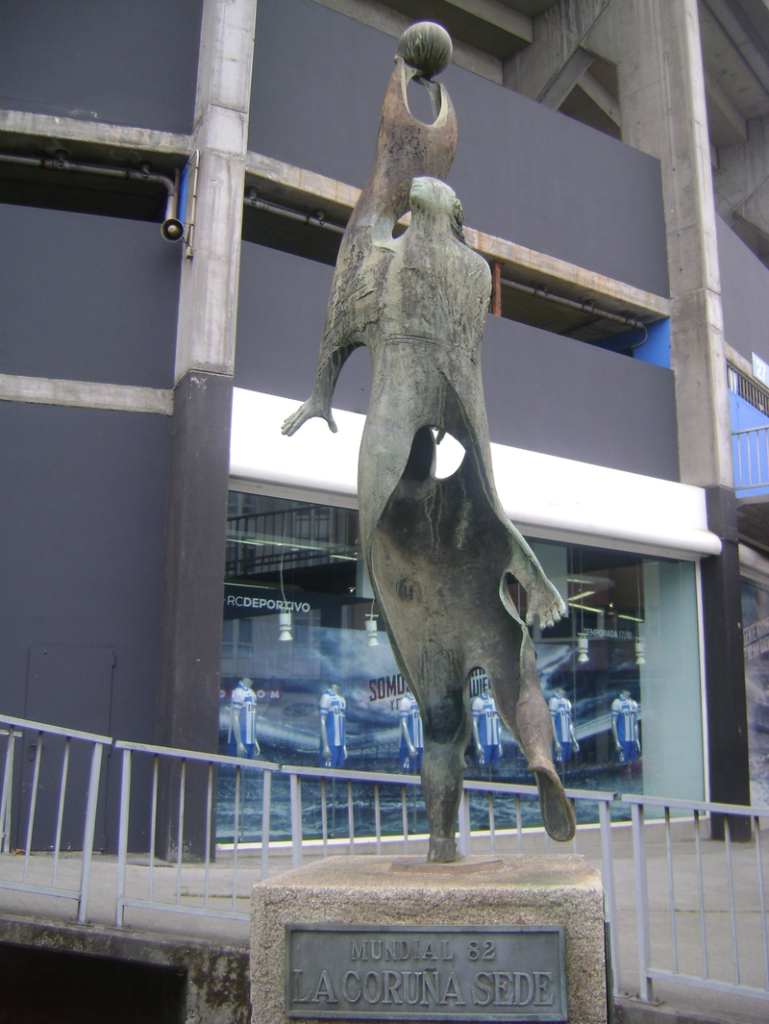
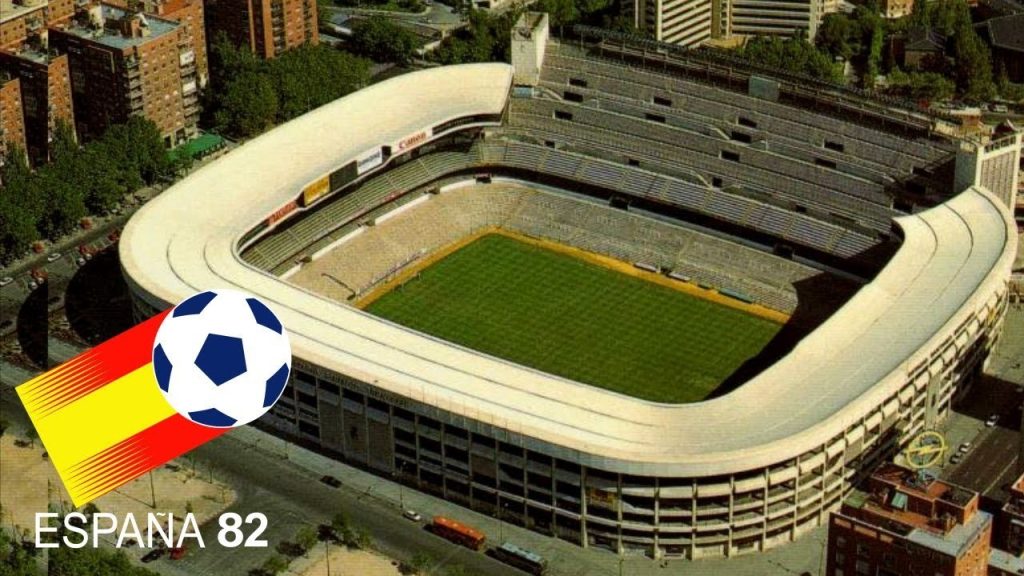
Memorable Matches:
a. Italy vs. Brazil: The match between Italy and Brazil in the second group stage remains one of the most memorable encounters in World Cup history. The Brazilians, led by the legendary Zico, showcased their trademark flair, but Italy’s tactical prowess and resilience led to a dramatic 3-2 victory for the Azzurri.
b. France vs. West Germany: The semi-final clash between France and West Germany produced one of the most dramatic comebacks in World Cup history. France took a commanding 3-1 lead, but the Germans fought back to level the game, ultimately winning 5-4 in a penalty shootout.
c. Italy vs. West Germany: The final match between Italy and West Germany was a spectacle of skill and determination. Italy’s Paolo Rossi, who emerged as the tournament’s top scorer, scored once, leading Italy to a 3-1 victory and their third World Cup title.
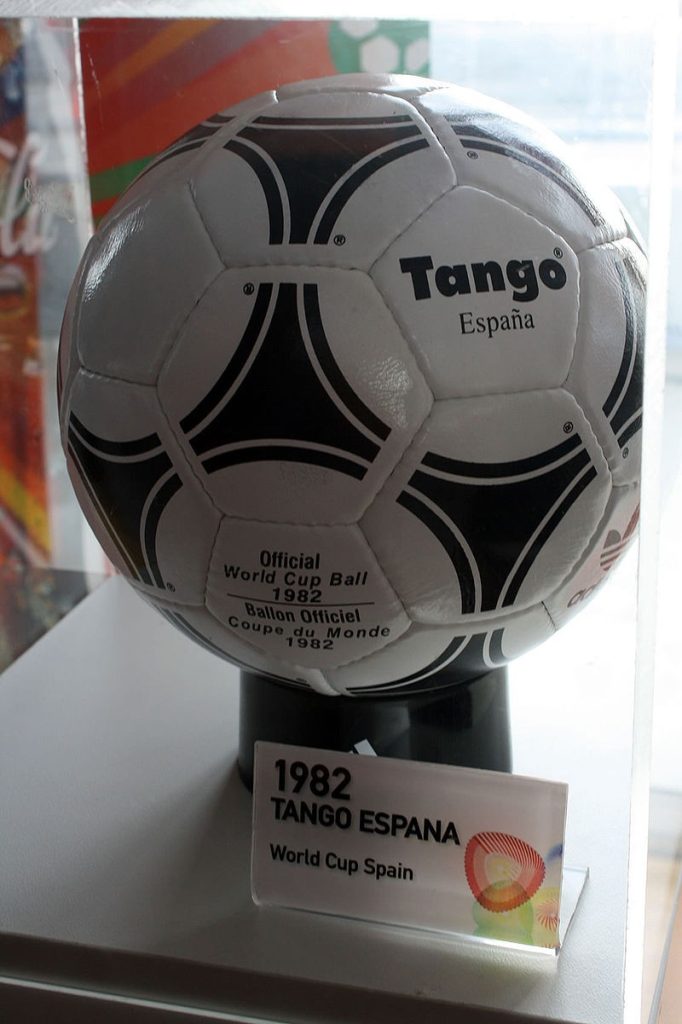
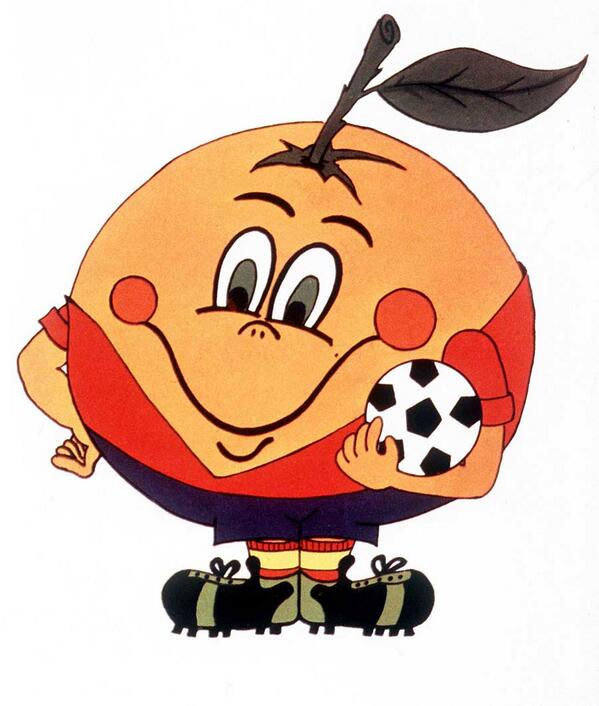
Standout Performances:
a. Paolo Rossi (Italy): Paolo Rossi’s sensational performances throughout the tournament earned him the Golden Boot as the top scorer. He overcame a difficult start, having been banned due to a match-fixing scandal, to score crucial goals and guide Italy to victory.
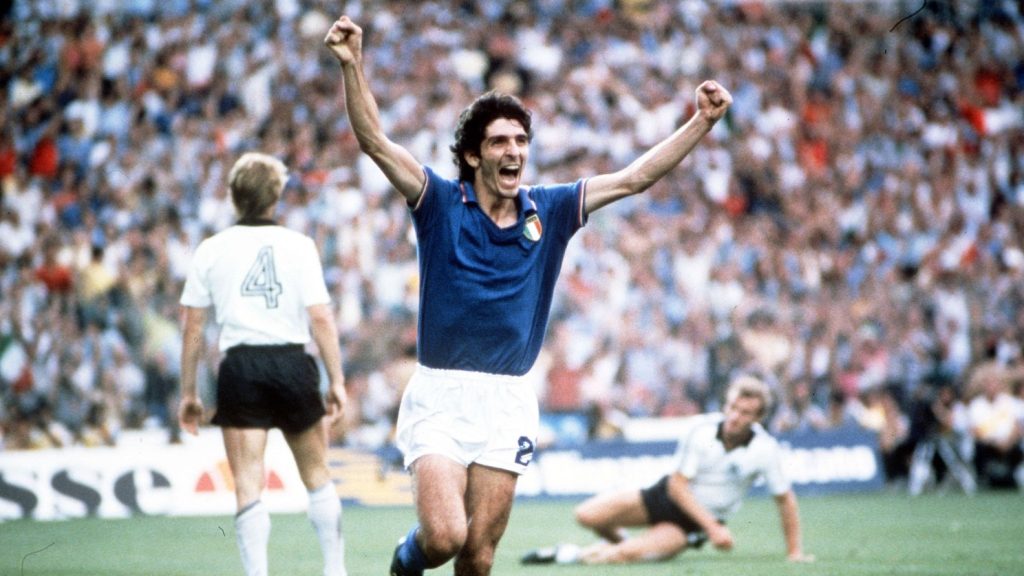
b. Michel Platini (France): Michel Platini showcased his brilliance and creativity as he orchestrated France’s attacking play. He finished as the tournament’s top assist provider and was instrumental in France’s memorable run.

c. Karl-Heinz Rummenigge (West Germany): Rummenigge’s clinical finishing and ability to create opportunities made him a standout player for West Germany. His performances played a vital role in West Germany’s journey to the final.
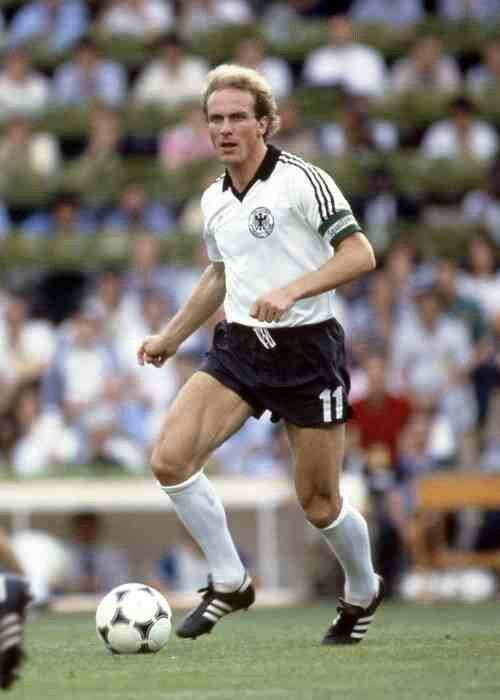
In the final, Antonio Cabrini fired a penalty wide of goal in the first half. In the second half, Paolo Rossi scored first for the third straight game by heading home Gentile’s bouncing cross at close range. Exploiting the situation, Italy scored twice more on quick counter-strikes, all the while capitalizing on their defense to hold the Germans. With Gentile and Gaetano Scirea holding the center, the Italian strikers were free to counter-punch the weakened German defense. Marco Tardelli’s shot from the edge of the area beat Schumacher first, and Alessandro Altobelli, the substitute for injured striker Francesco Graziani, made it 3–0 at the end of a solo sprint down the right side by the stand-out winger Bruno Conti. Italy’s lead appeared secure, encouraging Italian president Sandro Pertini to wag his finger at the cameras in a playful “not going to catch us now” gesture. In the 83rd minute, Paul Breitner scored for West Germany, but it was only a consolation goal as Italy won 3–1 to claim their first World Cup title in 44 years, and their third in total.
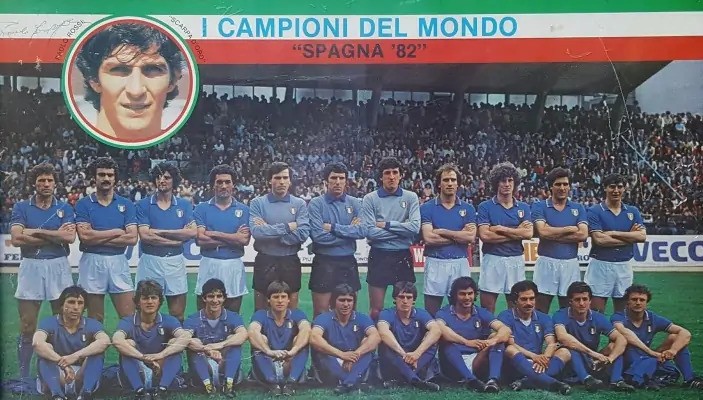
Italy became the first team to advance from the first round without winning a game, drawing all three (while Cameroon was eliminated in the same way by virtue of having only one goal scored against Italy’s two), and also the only World Cup winner to draw or lose three matches at the Finals. By winning, Italy equaled Brazil’s record of winning the World Cup three times. Italy’s total of twelve goals scored in seven matches set a new low for average goals scored per game by a World Cup-winning side (subsequently exceeded by Spain in 2010), while Italy’s aggregate goal difference of +6 for the tournament remains a record-low for a champion, equaled by Spain.
Italy’s 40-year-old captain-goalkeeper Dino Zoff became the oldest player to win the World Cup. This was the first World Cup in which teams from all six continental confederations participated in the finals, something that did not happen again until 2006.
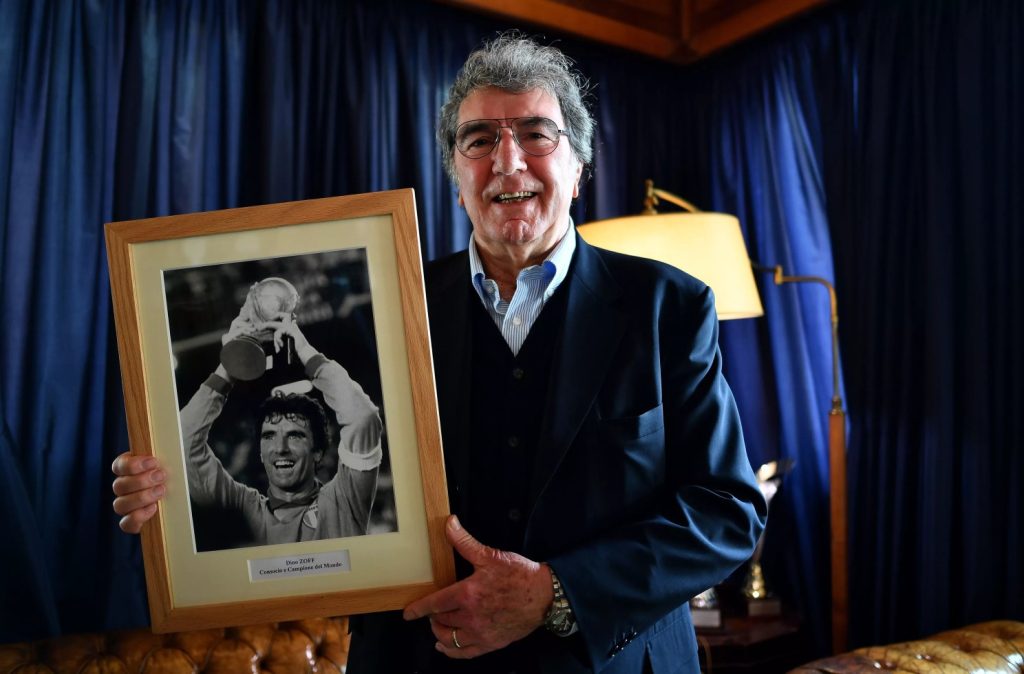
The 1982 FIFA World Cup was a captivating tournament that showcased the very best of football. It was a tournament defined by memorable matches, exceptional performances, and iconic moments. From Italy’s triumph to the thrilling encounters between football giants, the 1982 World Cup will forever be etched in the annals of football history. It serves as a reminder of the power of the sport to captivate and unite people from all corners of the globe.


